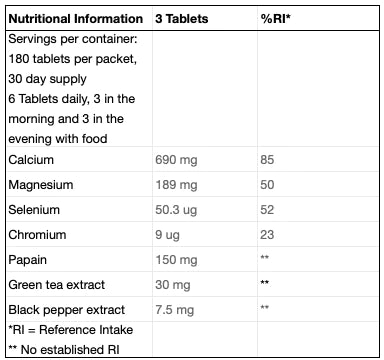Many marathon training plans kick off in January. But you might be looking at your work and life schedule and heading into a blind panic thinking ‘just when am I going to get the time?’. Fear not: you don’t have to run every day for the next three months. In fact, with some planning and smart thinking, you can boil down all the training to three runs a week.
Get the basics right
Runners arrive at marathon start lines with very different training journeys, backgrounds, fitness levels, degrees of training success and race-day aspirations. You might not want to be in the best shape ever, but you do want to commit to some running, survive, get round and loosely enjoy your marathon.
There are some basics of being ready for a marathon that are non-negotiable:
- Do a build-up. You can’t rush or squeeze the miles in. Ideally, you’ll have completed 12 weeks of regular running. A little consistent, regular running matters more than irregular, stop-start workouts.
- Weeks 1 to 4: build a routine, identify opportunities to get out and run. Be firm with yourself but flexible with your week where possible.
- Weeks 5 to 8: crank it up. Focus on one longer run a week that progressively increases in distance.
- Weeks 9-10: Not to be missed! These include the two longest runs you’ll aim to cover: 16 to 18 miles.
- Weeks 11-12: Stick to the routine, reduce the distance and volume and be fresh for marathon day
- Actually do some running. Aim for three runs a week. In the first few weeks these will probably be shorter (under 45mins) as you progress and build up, but by the time you are rolling into week 4 to 10 these should be 45mins, 60mins and one longer effort.
- Do some distance. There’s no escaping the fact that a marathon is 26.2 miles. Run, jog, walk or crawl it you’ve got to cover that distance to bag your medal at the end. Be ready to tackle some distance runs and find the time in your week to add a little more distance as the weeks progress.
Time SAVERS
- Focus your time commitments. Ask yourself honestly where you waste time and re-prioritise to get your run in.
- You can achieve a whole lot in 45 minutes. Runs don’t need to take ages. Run harder once a week to improve the benefits.
- Plan your diary. Run to or from work, run early in the morning or last thing at night.
- Find slots (negotiate them!) that work around your family, work and other commitments.
- Don’t pressure yourself. You’re supposed to want to do it. Drag a mate out for a run – they don’t have to be doing the marathon but might help keep you on track.









